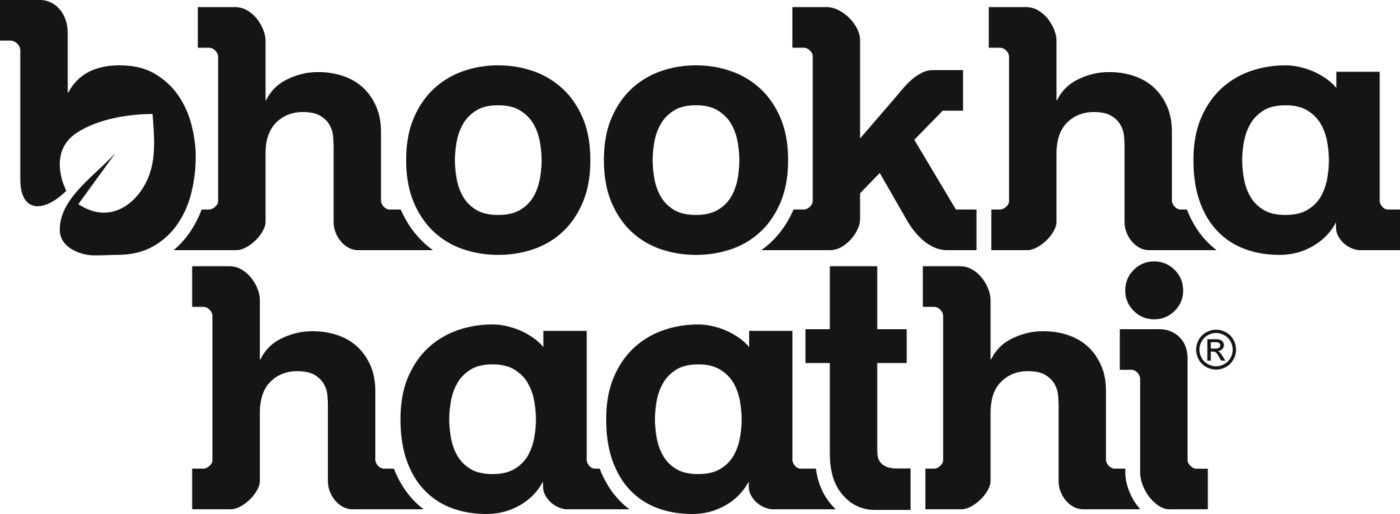1.1 Definition
Nutraceuticals, in various forms and formats have always existed in the world. Both, general population and patients would have benefitted from such products all along. It is only in the late eighties or early nineties that a formal approach and understanding started evolving.
Dr Stephen De Felice, Founder of the Foundation of Innovation in medicine, coined the term ‘Nutraceuticals’ in 1989, which became a newly accepted word in Oxford Dictionary. It was in recognition with the growing need for such products and a space that conventional pharmaceutical products were not treading upon.
The relevance and impact of Nutraceuticals became more relevant as the present generation is focusing more on preventive healthcare than ever before.
1.2 Nutraceuticals in contrast to Pharmaceuticals
Although the word ‘nutraceuticals’ is now well understood and widely accepted, it still does not have any one standard definition. The best definition that we come across is ‘food or part of a food (including drinks) that provides medical or health benefits, including prevention or treatment of a disease’. In contrast to this, Pharmaceuticals focus more on specific illness or treatment. The following table shares distinct spaces occupied by both:
| Nutraceuticals | Pharmaceuticals |
|---|---|
| Works on root causes and take longer time for recovery | Relatively more instant in effect |
| Do not have side effects | For severe illnesses have side effects |
| Focuses on prevention & wellness | Focuses on illness & treatment |
| No prescription needed for buying | Sold only on prescription except OTC |
| Needs no approval of FDA | Needs approval of FDA |
There are also a lot of natural sources of Nutraceuticals that clearly offers preventive benefits for a host of commonly found ailments in emerging markets like Cardio-vascular diseases, Diabetes, Obesity, Allergy, even Cancer.
1.3 How Consumers relate to Nutraceuticals
Consumers’ modern-day lifestyles have significantly changed in the last three decades. Faster pace of life, stress of work-life balance, has been taking its toll on health and wellness. At the same time, access to media and information has allowed them to better understand latest developments in this space. Generally the current generation is extremely conscious of food and beverages that are more natural, enhances energy in a holistic way and have a balanced diet. Also routines and rituals like work-outs, swimming; running needs a supplement that caters to nutrition needs well.
1.4 Product Landscape
Broadly product categories are divided into two major ones:
1. Functional Foods & Beverages
2. Dietary Supplements
Over the last 3 decades the product landscape has really expanded and today we have a wide product portfolio in Nutraceuticals category.
Functional Foods
Functional Foods are foods that provide health benefits beyond the provision of essential nutrients, when consumed at efficacious levels as part of a regular diet. These types of foods provide added physiological benefits, potentially reducing chronic, commonly encountered disease risks or otherwise optimize health. The understanding of such benefits, however, needs to be based on sound scientific evidences, a lack of which may mislead many a consumers.
Some instances of Functional Foods are Omega-3 enriched eggs, Oats, Fatty fish, Fortified margarines, Iodized salts, Soy, Tomato & tomato products, Probiotic yoghurt, Nuts (Walnuts, Cashews, Pistachios among others), and Leafy Greens are examples of Functional Foods.
Functional Beverages
Functional beverages are non-alcoholic beverages containing ingredients that provide specific health benefits beyond those of general hydration. Traditionally, beverages have been fortified with vitamins, minerals, amino acids and antioxidants. Nowadays, drinks containing natural and organic ingredients including herbs, fruits and vegetables have gained popularity to support health and wellness across all age groups. Examples of Functional Beverage include performance & sports drinks, ready-to-drink teas, enhanced water, energy drinks, and soy beverages, enhance fruit drinks.
Dietary Supplements
A dietary supplement is a product intended for ingestion that contains a “dietary ingredient” intended to add further nutritional value to (supplement) the diet, which may otherwise not be consumed in sufficient quantities. Examples of dietary supplements are Vitamins, Minerals, Amino Acids, a herb or other botanical source, a concentrate or an extract. All organic food also comes under Nutraceuticals category and the awareness and choice of such food is majorly on the increase.
1.5 Nutraceuticals in context of wellness
Wellness has broadly two pillars. The first is preventive so that illness does not set in at all. The second is rejuvenation – where for most people the current work related stress levels being very high, needs to address through compensatory elements.
There are many ingredients in the space of Nutraceuticals, which contributes to wellness. Vitamins & Minerals directly contribute to this space. Of Minerals, macrominerals are required in large quantities. These are minerals like Sodium, Potassium, Calcium, Magnesium, and Phosphorous. Microminerals are required in smaller quantities. These are Zinc, Iodine, Copper, Selenium, Manganese, and Chromium.
Source: This data is based on ASSOCHAM Knowledge Report on Nutraceuticals released at 3rd National Symposium (2017). The complete report can be viewed/downloaded from here.


